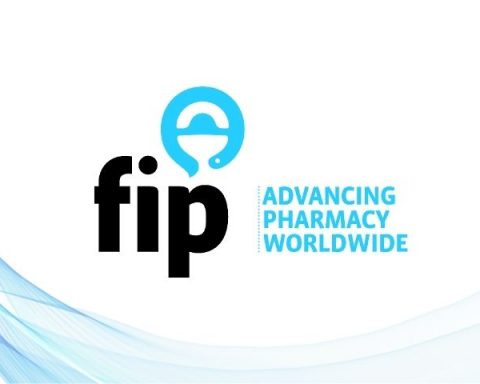The positive impacts of pharmacists in supporting medication without harm are described in a new publication from the International Pharmaceutical Federation (FIP) released today.
The World Health Organization reports that one in four patients is harmed by the care they receive in primary and ambulatory care settings, including harm from medicines. It estimates the global cost associated with medication errors at USD 42 billion per year.
FIP’s new reference document, entitled “Patient safety — Pharmacists’ role in ‘Medication without harm’”, provides information about what pharmacists can do to promote patient safety at an individual patient level, as well as at organisational and policy development levels. It includes case studies of best practice from Australia, Canada, Finland, India, the Netherlands, Oman, Saudi Arabia, South Africa, and the USA.
“Medication safety has become a global emergency and many nations are placing it on their national health priority agendas. Regardless of whether pharmacists provide direct or indirect patient care, they all have a role in promoting safe and quality health care,” said Parisa Aslani, professor in medicines use optimisation at The University of Sydney, Australia, and co-editor of the document.
The reference document highlights a need to shift towards a collaborative systems approach that promotes effective risk management and continuous quality assurance. It also points out that “a culture of blame” neither prevents nor mitigates harm, nor does it enable a positive working environment.”
“The common challenges facing pharmacists include increasingly complex medicines, polypharmacy and ensuring optimal transitions of care for our patients in spite of fragmented healthcare systems or models of service delivery. There is also the often-reported issue of being under-resourced and time-poor. We can learn a lot from each other, and this reference paper is a personal and professional challenge to all pharmacists to keep patient safety at the forefront of practice and to take new steps towards safer care. We all are advocates of patient safety. As pharmacists, we are particular advocates of medication safety,” Professor Aslani said.







